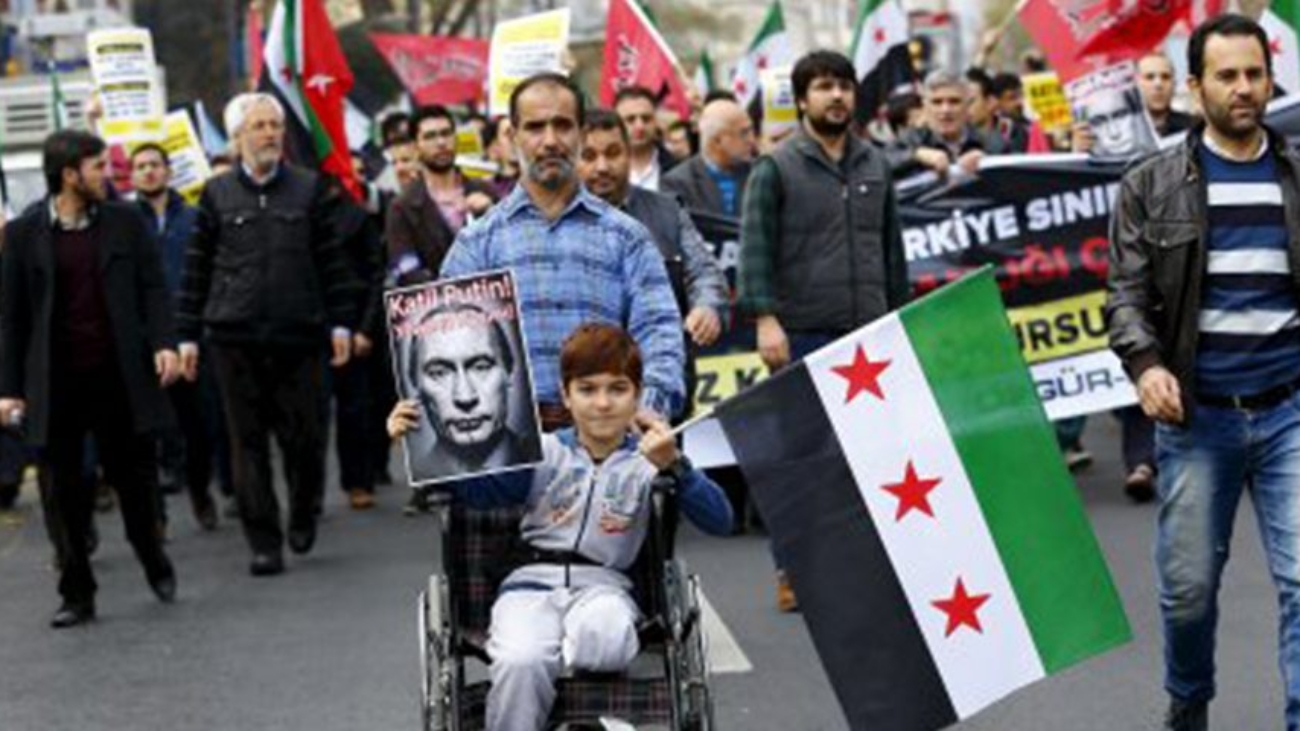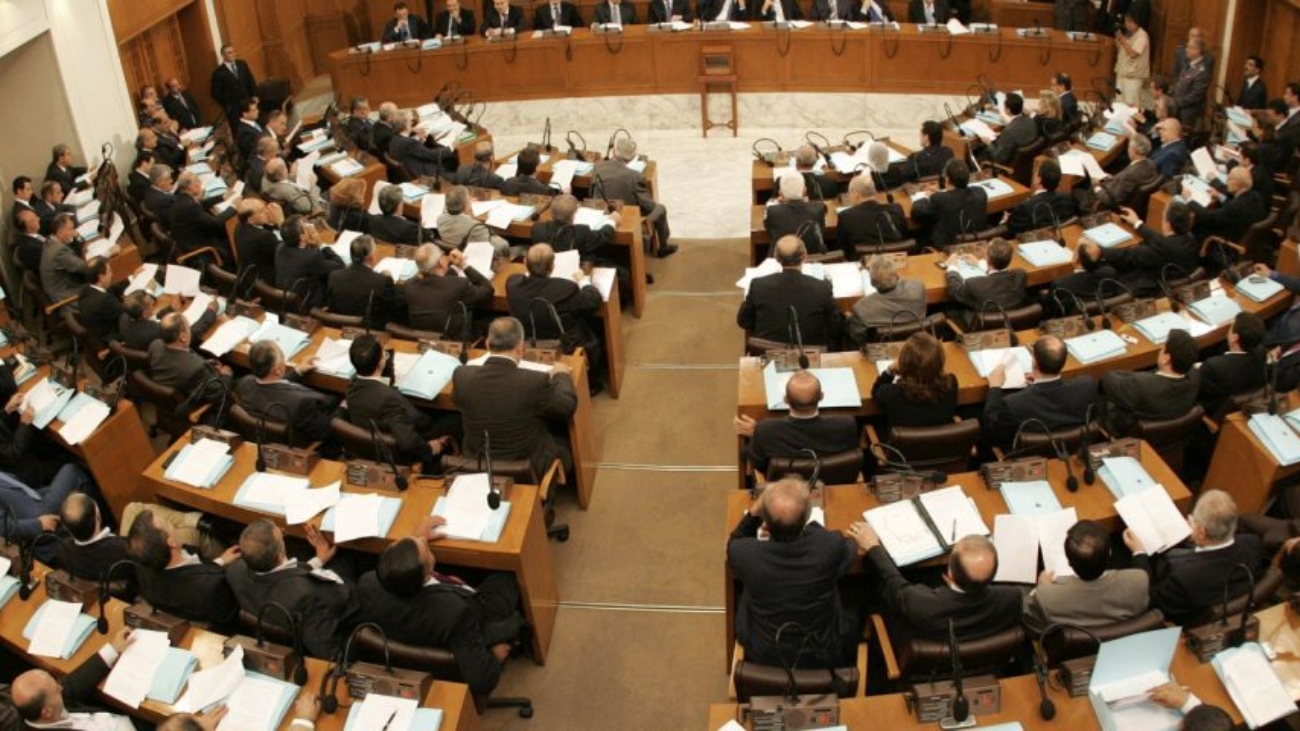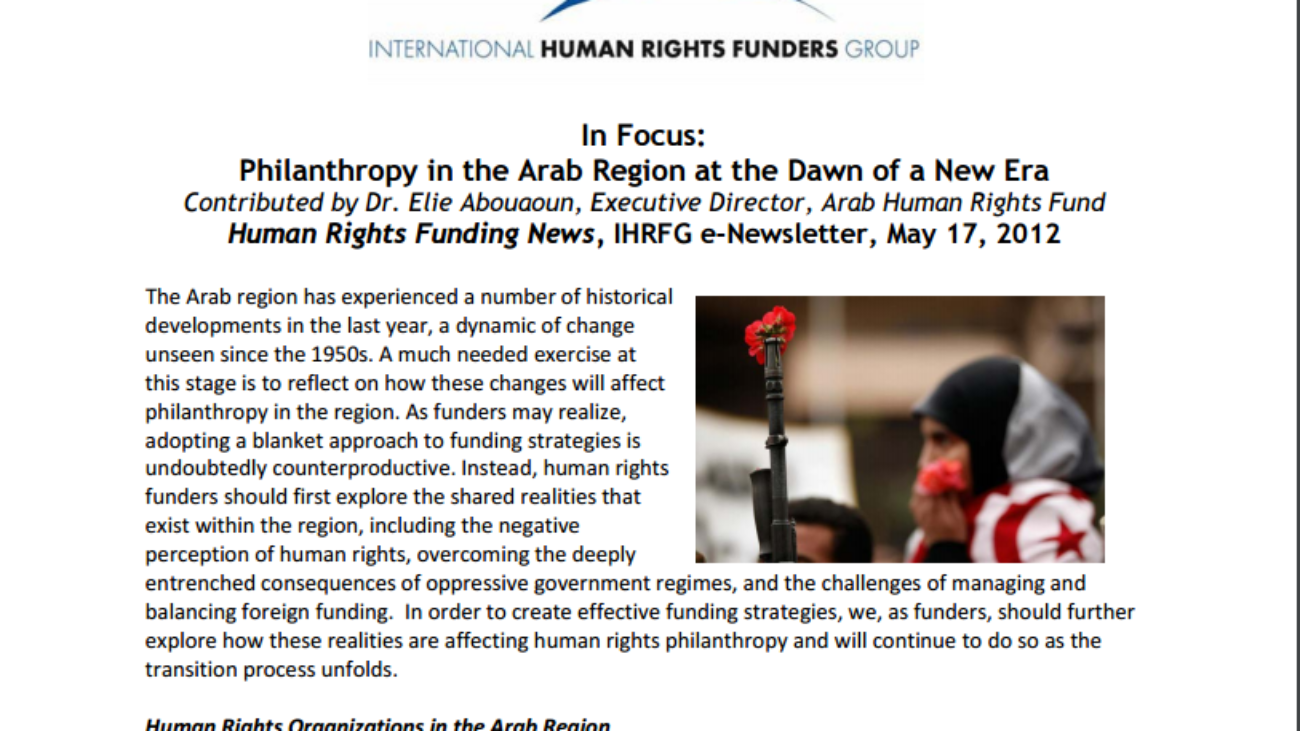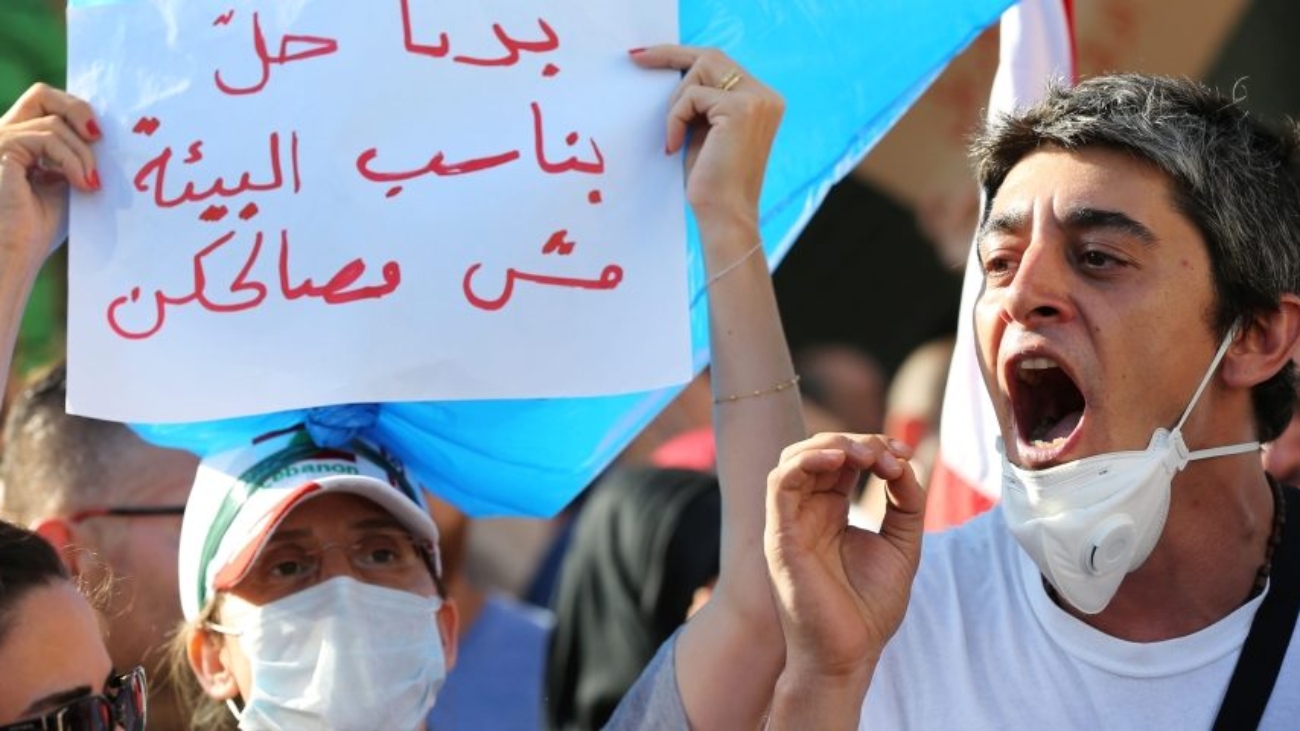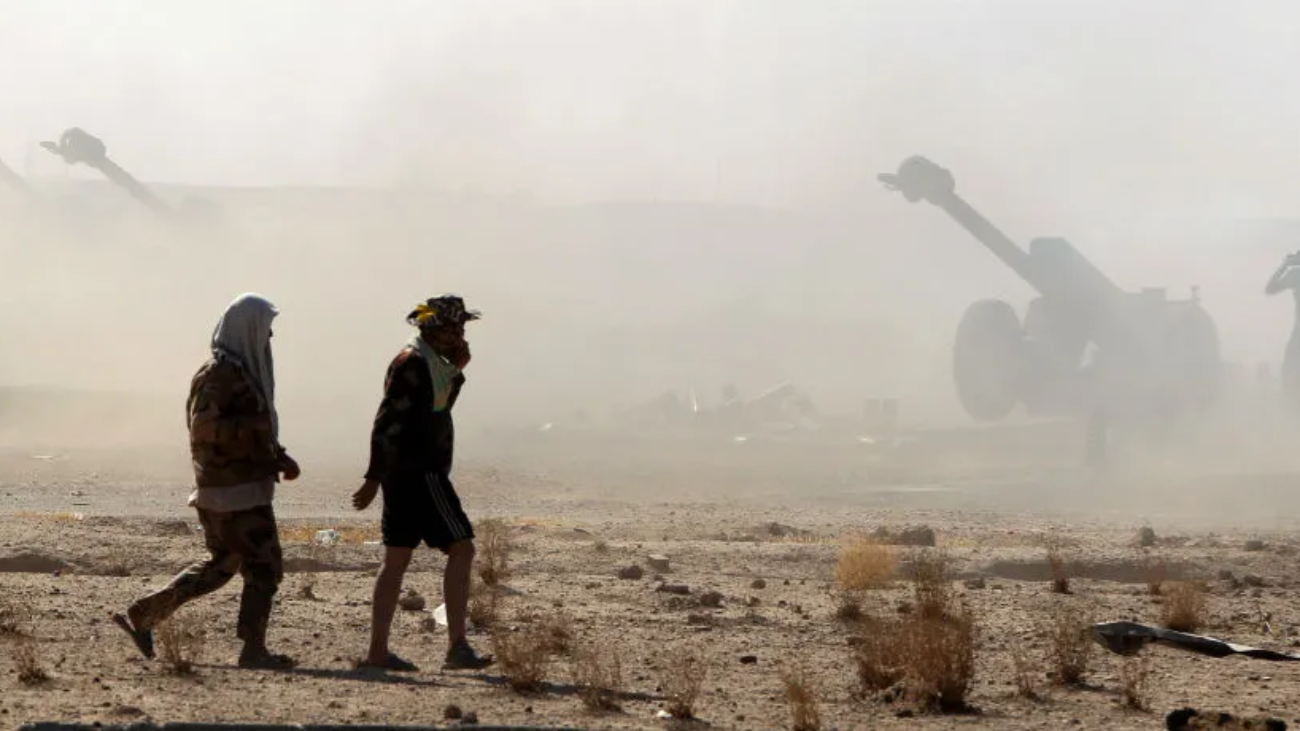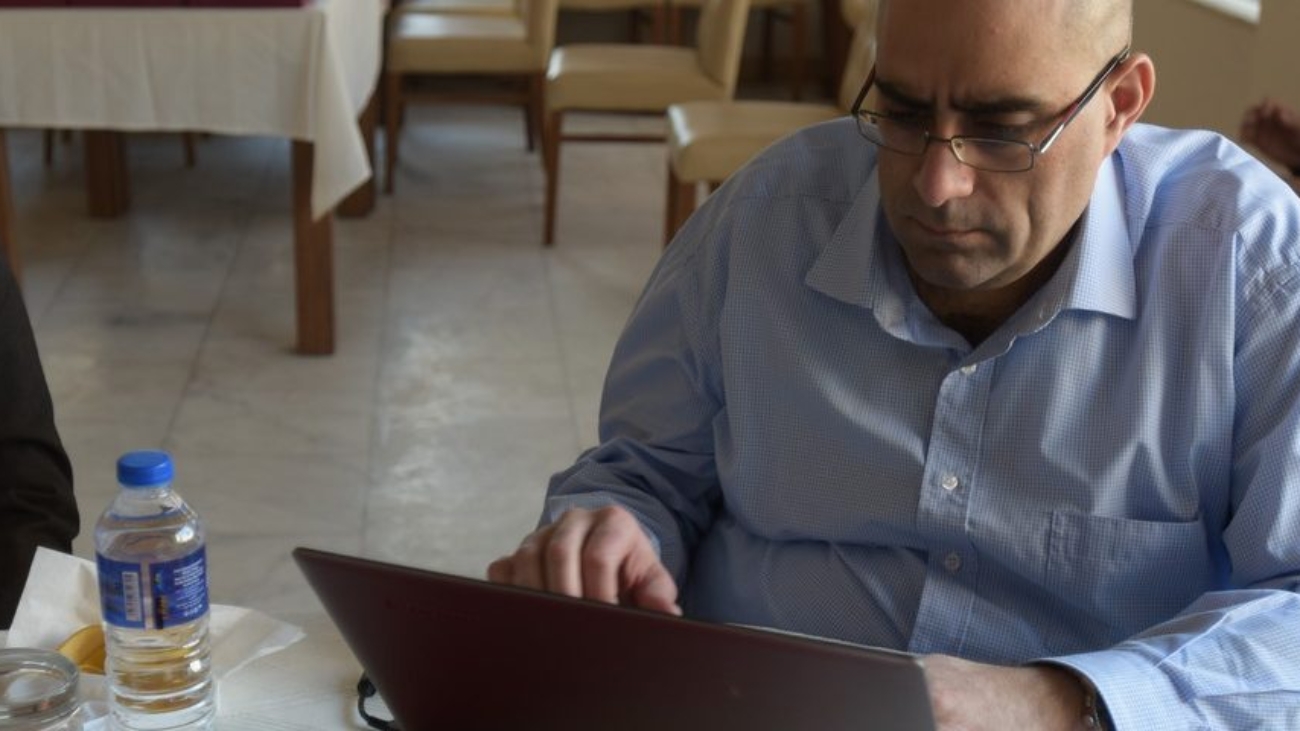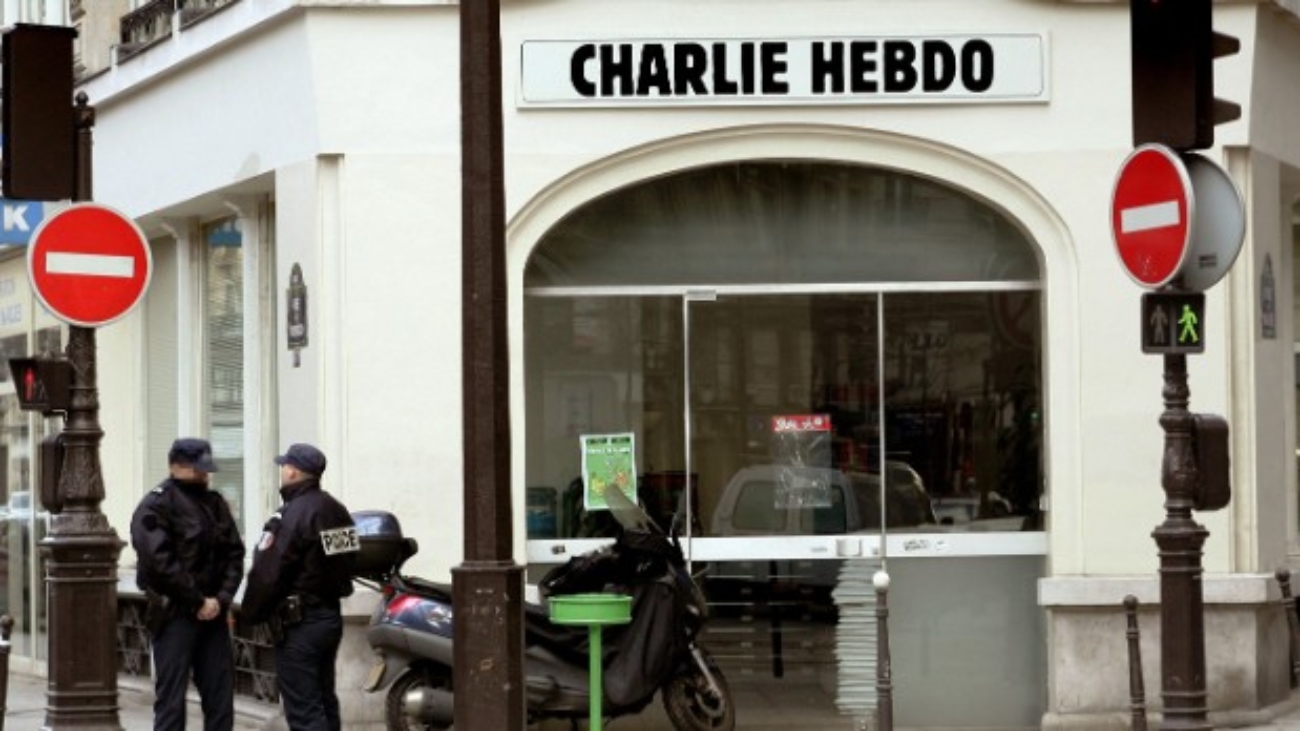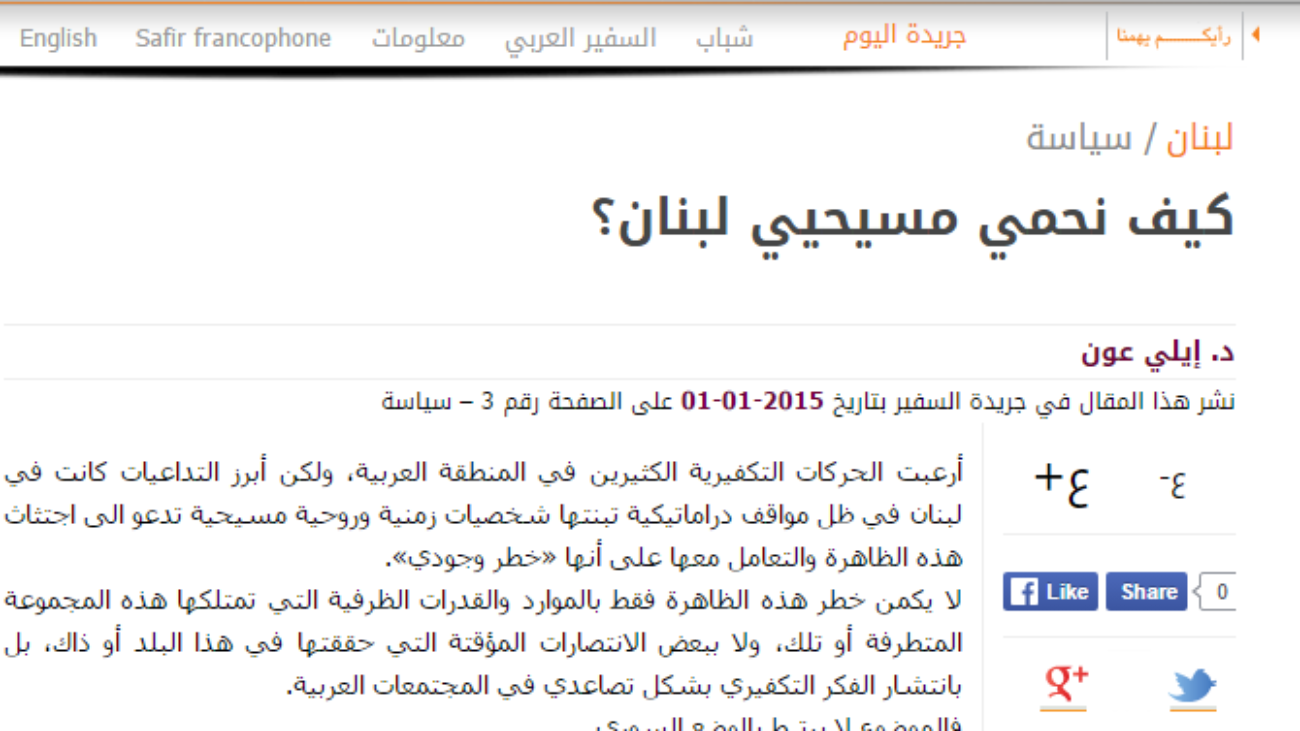This piece was originally published on the U.S. Institute of Peace website usip.org
Q&A: Russia’s Intervention in Syria
Russia’s military involvement in Syria has further complicated a four-year-long civil war that the United Nations says has killed more than 250,000 people and driven half the population from their homes. Syrian President Bashar al- Assad just visited Moscow, his first trip outside Syria since the conflict began in 2011 – to meet with Russian President Vladimir Putin. Elie Abouaoun, director of Middle East programs at the U.S. Institute of Peace, considers the ramifications, the prospects for resolving the conflict and the effect of the various, sometimes contradictory, strategies being pursued by global and regional powers in Syria.
What are the prospects of the U.S. and Russia finding some common ground and shared goals in Syria?
The possibility of the U.S. and Russia working on a common objective will come only when Russia realizes that its move will lead to more violence in Syria rather than to stability. The conflict in Syria is multilayered and dealing with one of its layers unilaterally will trigger hostile reactions from regional powers. Until the Russians understand these likely consequences, I don’t see any prospects for a joint framework of cooperation
How do major players in the region view Russia’s intervention?
Many observers in the region interpret the Russian intervention according to their own agenda. It’s mostly based on wishful thinking. Some people who are anti-Iranian see Russian involvement as an attempt to curb the expansion of the Iranians in the region. They highlight the conflicting and divergent priorities of Russia in Iran and Syria. Others who are with Assad see Putin as a savior who can get rid of ISIS and re-establish the reign of Assad.
Where do Russia’s intervention and the prospect of a flare up in violence leave America’s Arab allies in the region?
Gulf Cooperation Council countries in general, but specifically Saudi Arabia, the United Arab Emirates and Qatar, are heavily involved in supporting opponents of Assad, ranging from Islamist opposition groups to the more moderate rebels. The problem with this approach is they’re pursuing an anti-Iranian agenda without necessarily looking at the consequences of that strategy in the region
So what has been the consequence for these Arab nations?
T two countries where most of the violence is happening are Iraq and Syria. In Iraq, for example, the Kurdish and Shia areas are relatively stable, but it’s the Sunni areas that are most affected by the conflict and suffering most of the destruction. More than 90 percent of the 3 million internally displaced people in Iraq are Sunnis. In Syria, the Alawite region is in a much better situation than the Sunni areas. Even the Kurdish areas are relatively safer, and once again most of the displaced population and refugees are Sunnis. So the strategy the Gulf countries, which are mostly Sunni, are pursuing to fight Iran has not turned out to be the right one even for their own interests. Until they realize that, I can’t imagine them engaging constructively to come up with a solution, as the Obama administration is pushing them to do.
How much of the failure of these allies to see the consequences of their approach is due to the U.S. role?
All through the years of heavy engagement in the region, the U.S. didn’t work to build up the capacities of its allies and partners. And suddenly, the U.S. decided to disengage politically from the region — with the military withdrawal from Iraq, for example — without proper assessment of the implications. It is hard for most governmental institutions in the region to understand the geopolitics and strategy that prompted such a decision. Most local actors don’t have the capacity to analyze these kinds of developments geopolitically and to act accordingly. That’s why the American disengagement has created a vacuum that regional powers are now competing to fill. Persistence and consistency are the key elements that are missing from the American support for institutions in the region.
What about financial support for the Islamic State and other Islamist groups? Are Gulf States still enabling such support?
There are many indications of the financial and other means of support that ISIS and other Islamist groups receive, mostly through informal channels. There seems to be very little direct channeling of funds from or through governments, but informal support is significant from individuals in the Gulf region to companies and religious foundations.
Why is there no serious effort in the region or internationally to crack down on this support?
The financial support continues because many of the individuals within the establishments of the Gulf monarchies see this money flow as a way of funding the groups that are pressuring the Syrian regime. At the same time, GCC leaders don’t want to do anything that acknowledges or legitimizes this kind of support, in part to protect their relations with the West and to avoid the sources of such funding taking root and beginning to challenge their own leadership. Besides, most of the money is collected by charitable organizations and usually not in large amounts. It’s not easy to track small amounts of money being collected under the umbrella of charities and being channeled to groups in the region.
What about the Iranian nuclear agreement? How do you see that in relation to Iran’s role in the region?
The flow of cash to Iran from the lifting of sanctions won’t happen overnight. But as long as the Iranians know that they can expect that cash in the coming year or two, they’re likely to scale up their support to their proxies and allies in the region. Over the last two years, we have heard complaints from their client groups, like Hezbollah in Lebanon, about the shortage of financial support. These concerns seem to be easing now.
Does this mean the Iranians will move in a more aggressive way to sweep out their enemies in the region?
I don’t think so. Iranian leaders have been quite patient and they know when to strike. For example, in Yemen, they know they are not in a position to win completely, so the Houthis aren’t likely to undertake a major campaign. In Syria, they know Assad is not a valid president anymore, so I don’t think the flow of money will change the Iranian strategy there, which is to defend their assets and consolidate rather than attack and expand. Iran also would want to maintain the free flow of weapons and goods to Lebanon, because Hezbollah is Iran’s biggest strategic investment in the region.
So you think Iran is playing a long game and slowly bleeding its Arab rivals?
Since the Iranian revolution in 1979, Tehran’s aim appears to have been to expand its influence in the region slowly but surely and to back elements that can pressure the monarchies in the Gulf. So if you look at their relations with the Shias in Kuwait, Bahrain and Saudi Arabia, they have developed those kinds of ties over time. Iran’s influence over Iraq didn’t happen overnight. It took them five to six years to really consolidate their power there. I see them continuing to pursue this strategy in the coming years — a gradual, slow-motion expansion in the region.
How do you see the situation in Syria playing out? Does a spurt in violence lead Assad to negotiate a political solution?
Given the current mapping of forces in Syria, I’d expect another period of violence before the regime realizes that it can’t rule Syria anymore. It would be a game-changer when Bashar al-Assad realizes that his dream of ruling all of Syria as a dictator is impossible.

